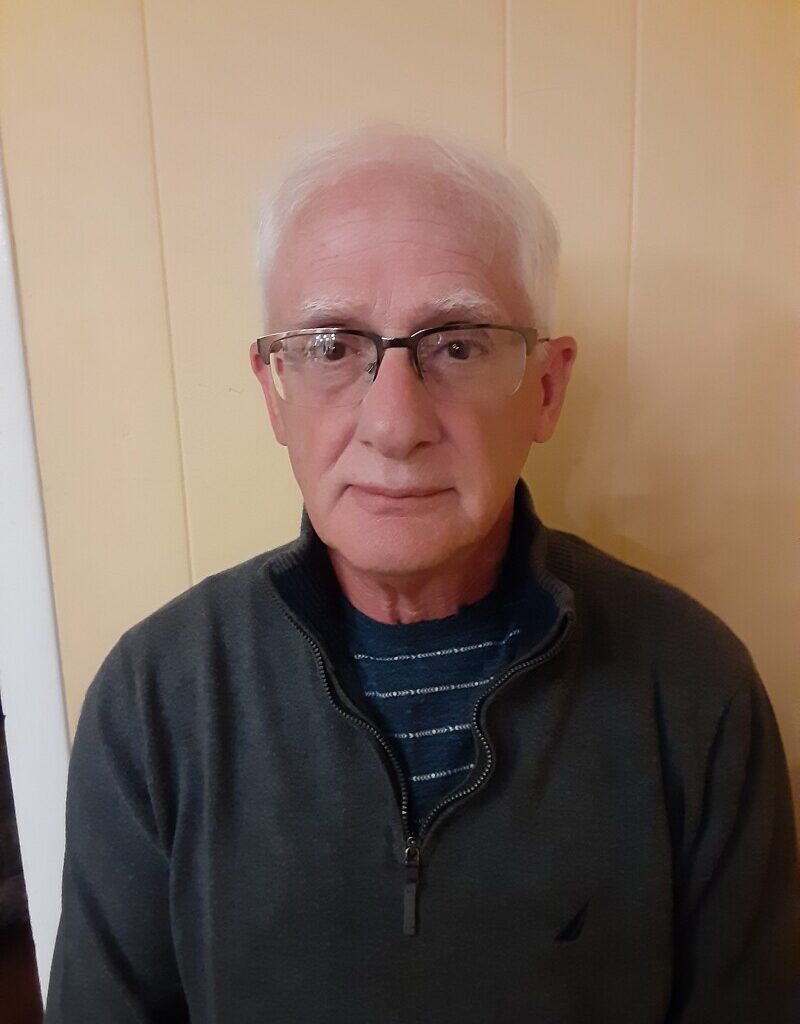It’s Saturday afternoon, May 10. Sitting on a bench at Leif Erickson Park, I smell smoke in the air. TV news had reported wildfires in eastern Saskatchewan and western Manitoba, and the smoke is coming across Minnesota. Due to hot weather, low relative humidity, and gusty winds, a fire watch had been upgraded to a red flag warning for most of the state.
I check the carbon dioxide level, which is 431.25 parts per million (ppm). A year ago at this time, it was 427.74 ppm.
The following day in the evening, I sit in my room. I start coughing. The local news reports there’s a 200-acre wildfire rapidly spreading in St. Louis County north of us.
On Monday morning, the News Tribune reports the wildfire is now 750 acres. And there’s now a report of a second wildfire. It’s 3 p.m., and the second wildfire is now 250 acres and growing. By Monday evening, there are three wildfires, the two largest at 1,500 and 1,200 acres, with no containment.
The cough and the news take me back to a 2018 climate-vulnerability assessment and its report on the future of Duluth. It predicted annual average temperatures would increase. It also stated that certain groups of people would be more vulnerable to climate change, including people like me over 60.
Since 2018, we’ve been constantly reminded that climate change is here, and that climate change is now. Even in this city by the lake.
From May 29 through June 5, Climate>Duluth and the Lake Superior Living Labs Network are presenting a climate documentary, “The Here Now Project.” It’s a 75-minute film composed of cellphone videos taken by people living through real-time weather events in 2021. The documentary puts a human face on how climate change is increasingly impacting millions of people’s lives in the U.S. and around the world.
There were so many climate stories in 2021.
On April 26, 2021, the cover of Time magazine proclaimed “climate is everything.” Time’s Justin Worland wrote, “The course of climatization — the process by which climate change will transform society — will play out in the coming years in every corner of society.”
On July 10, 2021, the New York Times reported that June was the hottest June on record in North America. Between June 24 and June 30, 1,238 temperature records were broken during daytime hours and another 1,503 records were broken during the nighttime around the U.S.
On Aug. 9, 2021, the Intergovernmental Panel on Climate Change presented its latest report. Declaring a “code red for humanity,” the report stated that greenhouse-gas emissions were pushing us to a “fiery future.” Heat waves and heavy rains that cause flooding were becoming more numerous and more intense. Also, droughts were becoming regular climate events, and the number of hurricanes and typhoons had been increasing since the 1970s.
On Sept. 7, 2021, National Public Radio reported that more than 200 medical journals warned that the rapidly warming climate is the “greatest threat to global health.” In the past 20 years, heat-related deaths among people over 65 had increased by more than 50%. Also, children were being admitted to emergency rooms and hospitals at greater numbers for asthma exacerbations due to poor air quality.
Here in Duluth, it was April 12, 2021, when the City Council passed a climate-emergency resolution.
We need daily reminders that climate change is here. We need to use these reminders to help us appreciate the importance of climate education and the importance of addressing people’s climate anxiety. And we need these daily reminders to hopefully create a greater sense of urgency to undertake more climate-adaptation initiatives in our city.
The stories about climate change are going to become the stories of our lives and will become more prevalent in the stories of our children’s and grandchildren’s lives for many years to come. Therefore, we need to hear from people who are already experiencing climate change to help prepare ourselves for what’s ahead.
I encourage everyone to watch “The Here Now Project” at
filmplatform.net/events/herenowprojectdlh
. The registration code is “THN-DLH.”
Tone Lanzillo is a member of the Duluth/365 initiative on climate change and a regular contributor to the News Tribune Opinion page. He can be reached at risson1954@gmail.com.
